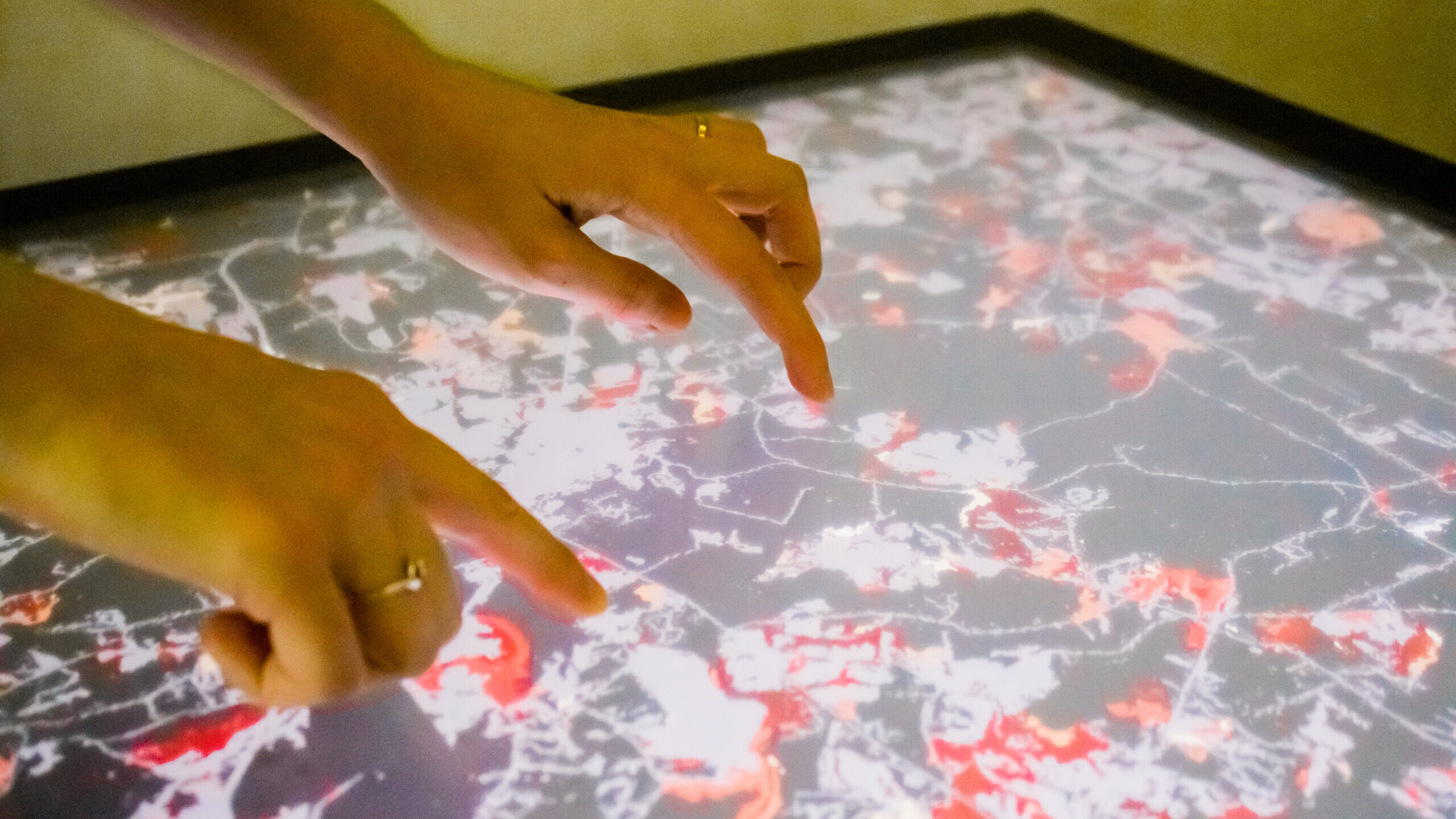Perspective Piece Offers Insight on Identifying Science Needs for Actionable Science

A new article by Gustavo Bisbal (USGS – NCASC) and Mitchell Eaton (USGS – SE CASC), Considering science needs to deliver actionable science, has recently been published in the journal Conservation Biology. The following was prepared with substantial contributions from authors Bisbal and Eaton along with Jordan Bush, science writer for the National CASC.
In an ever-changing world, natural resource managers are increasingly looking for science to inform their decision-making processes. The deliberate approach to generate scientific products in response to on-the-ground needs (called “actionable science”) improves efficiency and applicability of those products. A key first step in this process is to clearly establish what those priority needs are, a phase routinely referred to as “identifying science needs.” In a recent perspective article, co-authors Gustavo Bisbal and Mitchell Eaton from the USGS Climate Adaptation Science Centers, stress that addressing science needs is not necessarily the same as conducting actionable science. Not all science needs are directly relevant to decision making, and not all stakeholders are equally positioned to understand what goes into the full decision process.
As such, the perspective states that for research to become “actionable,” it is important for both managers and scientists to deeply understand the decision space that the science intends to inform. In particular, it is important for researchers to understand which science needs are most relevant to decision making, as identified by a legitimate decision maker, and to let those needs guide research questions. The authors emphasize that when conducting actionable research, scientists need to focus on managers’ decision needs (i.e., the elements of the decision that can be improved through additional knowledge), rather than their personal scientific wants (i.e., the elements of the research that are novel or scientifically interesting). They state, “Researchers must accept that science does not drive the decision but is beholden to the specific management goals.”
“Researchers must accept that science does not drive the decision but is beholden to the specific management goals.” – Bisbal and Eaton
To improve actionable science efforts, Bisbal and Eaton recommend improved communication between both scientists and managers. They suggest that applied scientists partner with decision-makers before beginning research efforts so as to incorporate the full management context into their study design. Likewise, they recommend that managers engage with researchers early in the decision process to discuss their priorities, needs, and the benefits or limitations of any new scientific endeavor. Boundary organizations and decision analysts can play a useful role in facilitating productive interactions between research and management communities.
Researchers and decision-makers have many challenges to overcome when working together. Yet as this paper demonstrates, thoughtful engagement between scientists and managers can go a long way toward developing science that is truly relevant to on-the-ground management.
The paper, “Considering science needs to deliver actionable science,” was published open access on October 4, 2022, in Conservation Biology. The authors are Gustavo Bisbal and Mitchell Eaton. https://doi.org/10.1111/cobi.14013
- Categories:
